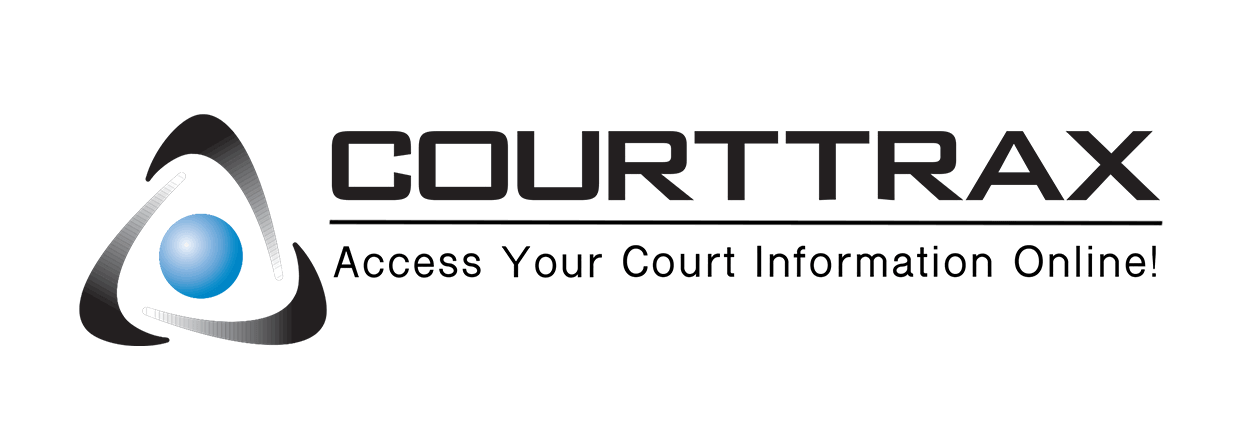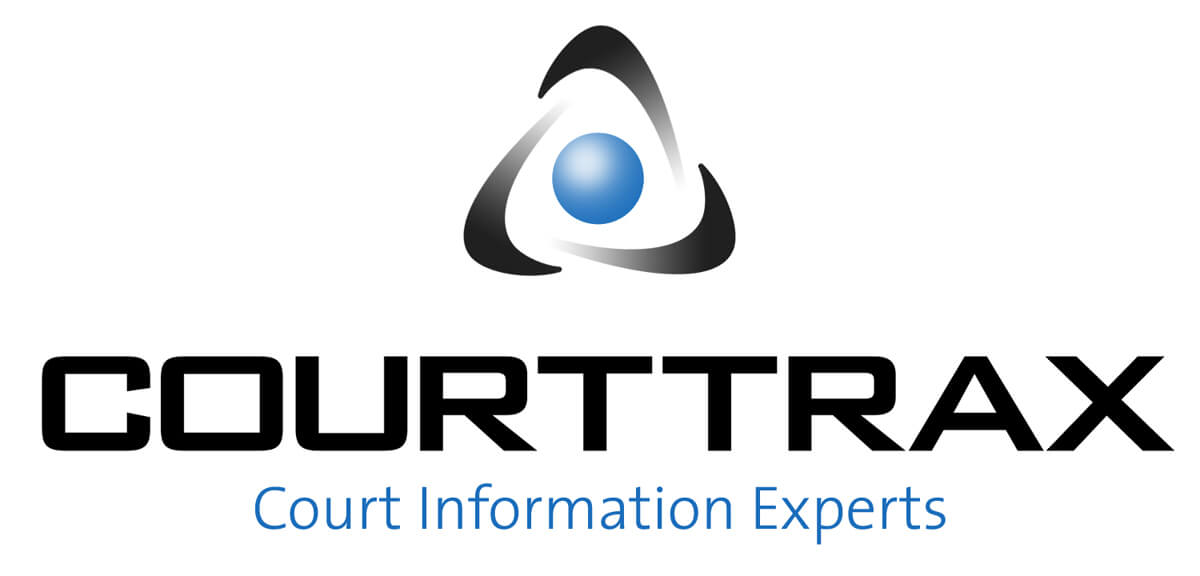Artificial Intelligence (AI) in Underwriting
In traditional industries such as finance and insurance, traditionally underwriting has been a long tedious task with a long list of challenges. These normally entail significant stress on the business in manual processes, time-intensive assessments, and large risk of human error and heavily weighted on operational efficiencies and decision-making capabilities.
These traditional businesses are now embracing the Artificial Intelligence (AI) in the process of underwriting to revolutionize the way risk is evaluated and decisions are made. The following a few benefits of Artificial Intelligence (AI) in underwriting:
- Efficiency and Speed
- When implementing AI during the underwriting process you can streamline the assessment process for loan approvals or insurance policies. The system will analyze large amounts of data, enabling faster decision-making in business. Not only accelerating times but allowing associates to focus on more complex instances that require experts.
- Enhancing Accuracy and Risk Assessment
- Exceling at analyzing extensive data sets, while providing comprehensive/accurate assessments of risk factors make AI extremely efficient. In leveraging machine learning your business gains specific insights into nuanced risk profiles. Decreasing the likelihood of errors and potential loss.
- Personalization and Cost Saving
- With AI’s ability to access large quantities data accurately it gives businesses the ability to accurately personalize using untraditional sources such as social media. Enhancing customer service through personalization strengthens client relationships and loyalty. With the ability to automate the personalization process and risk assessments for more simplified cases give the few experts more ability to focus on harder cases. As a result, the business functions with less overhead in wages and streamlined underwriting processes.
- Adaptability and Ethical Decision-Making
- AI-systems are continuous learning and evolving overtime, including during the eb and flow of market trends keeping the underwriting process agile. These systems can adhere to regulatory requirements and promote ethical decision making. Ethical AI frameworks mitigate biases, promoting a more fair and inclusive decision-making practices.
Similar Articles:




